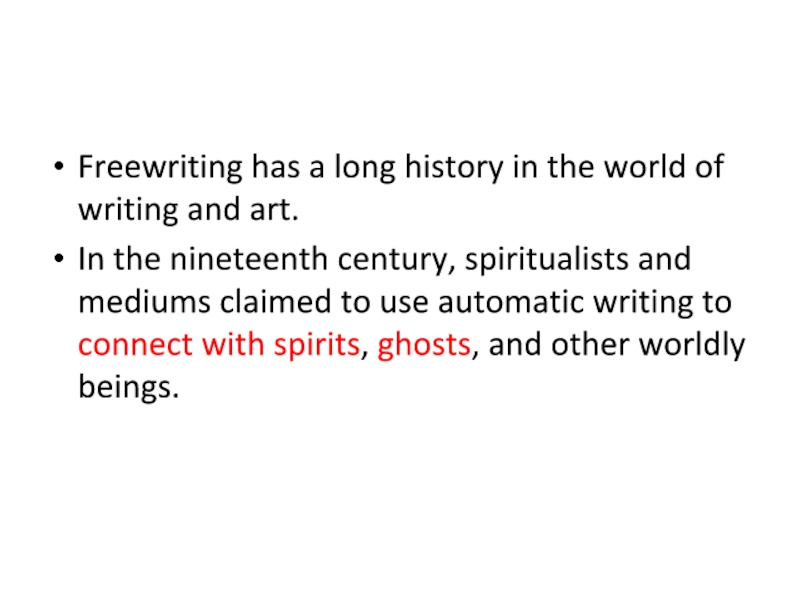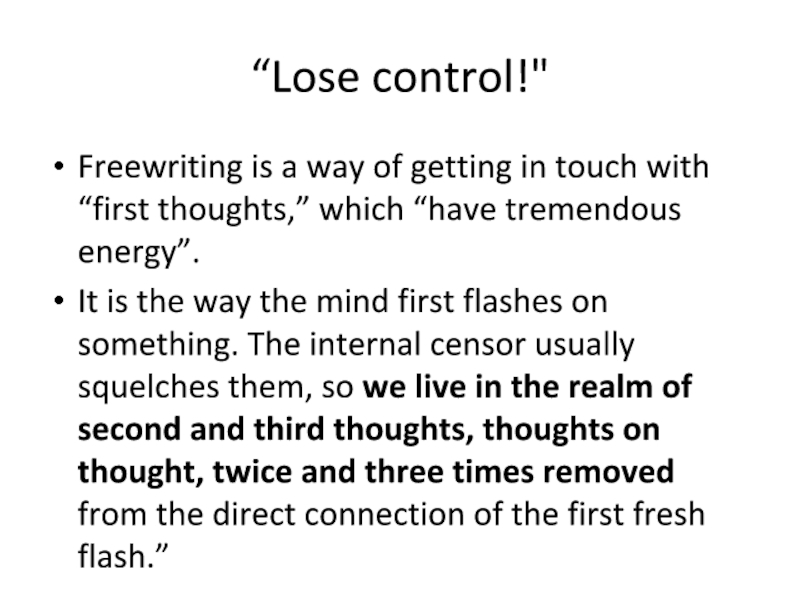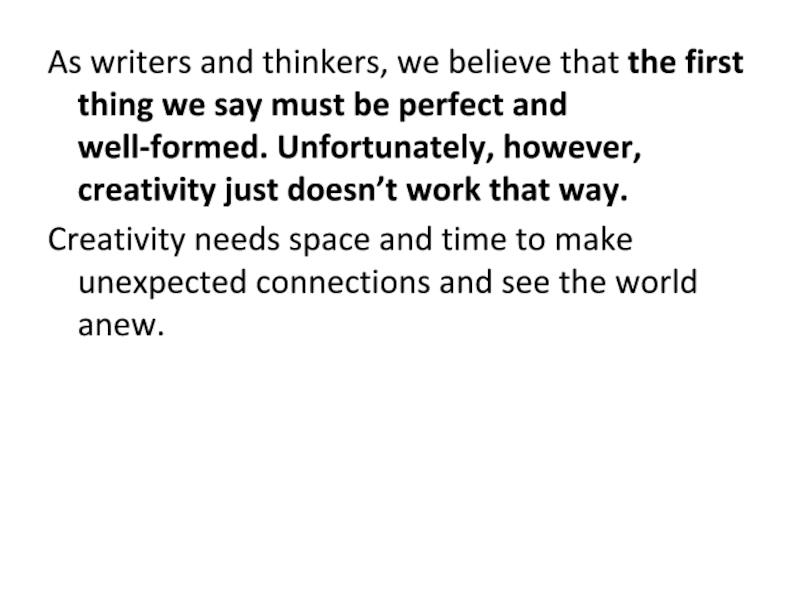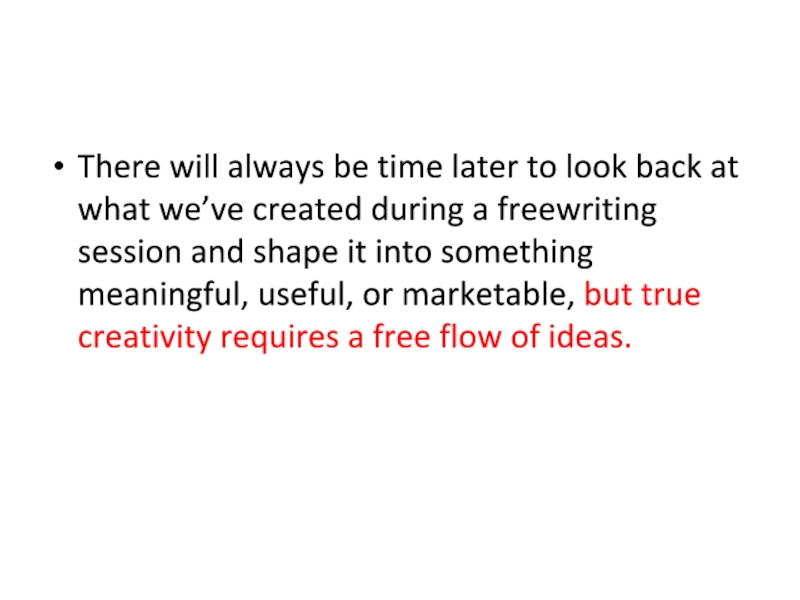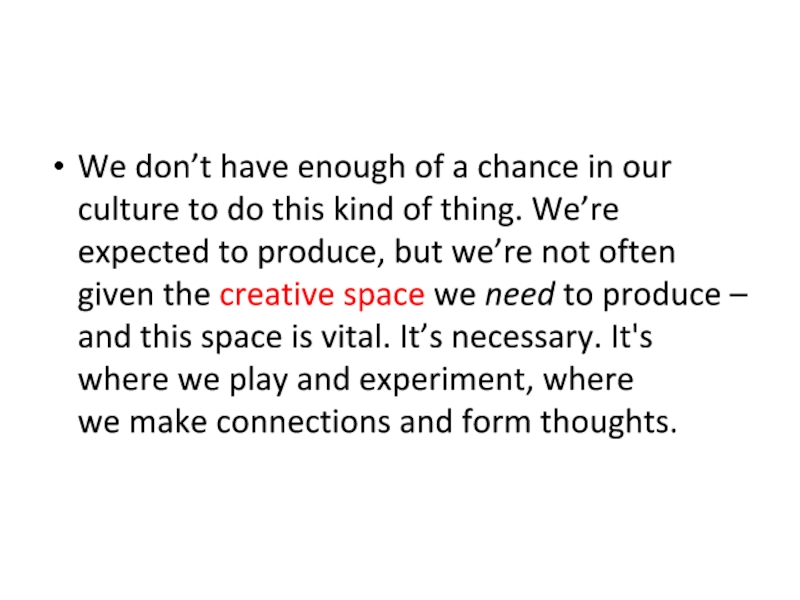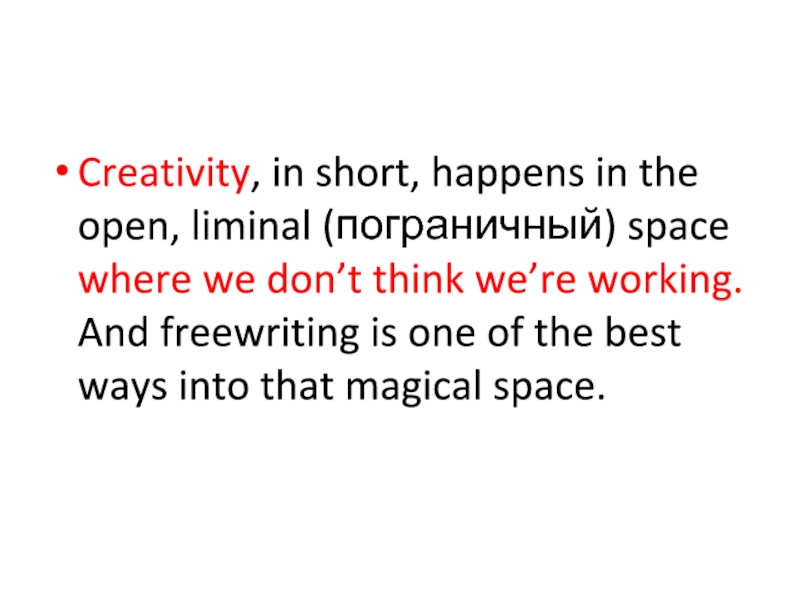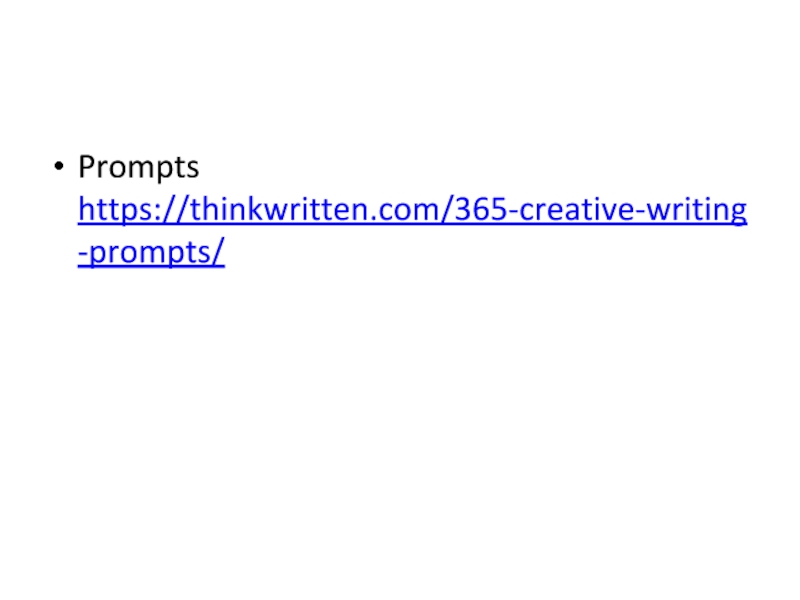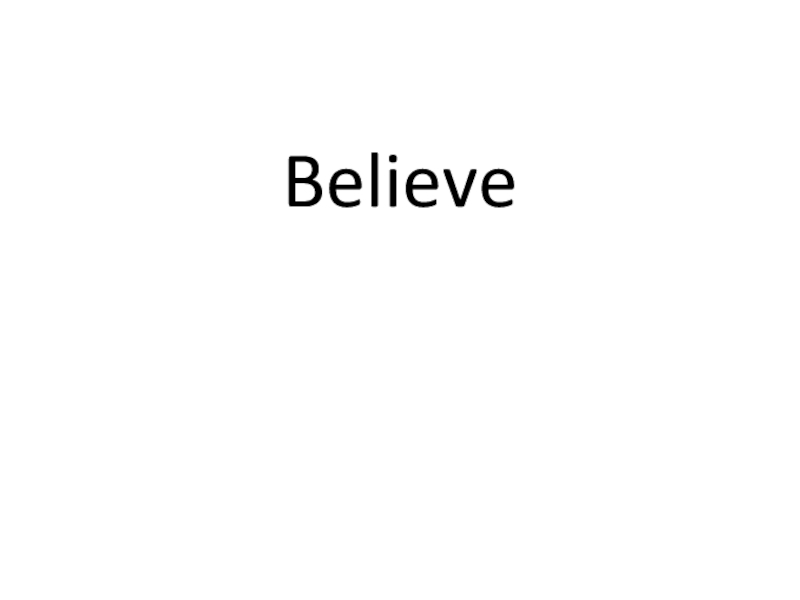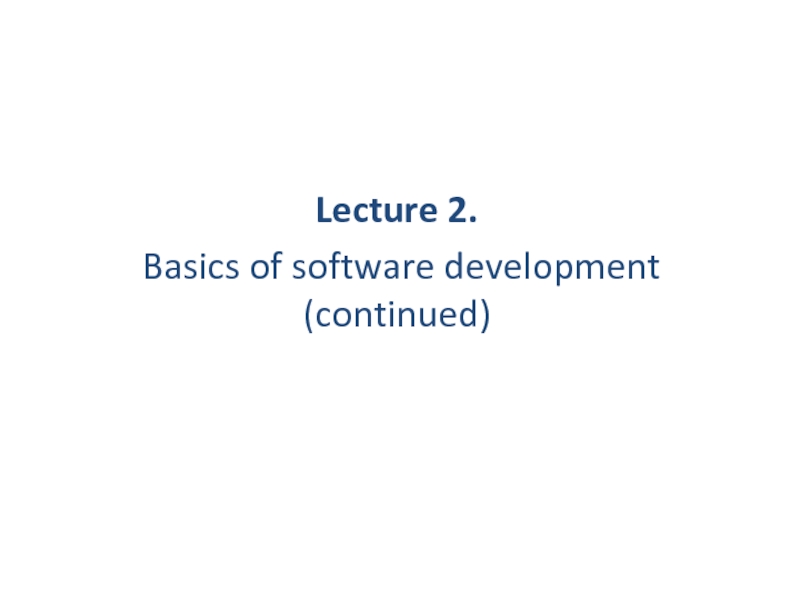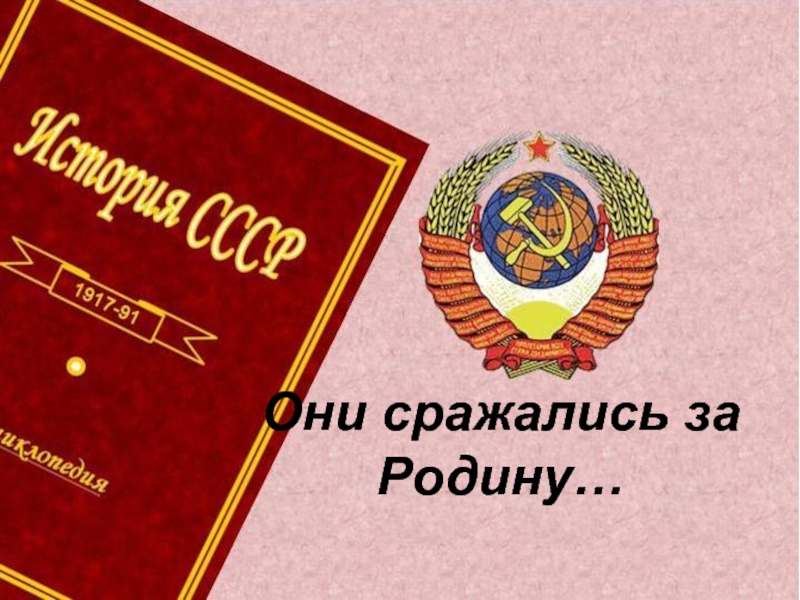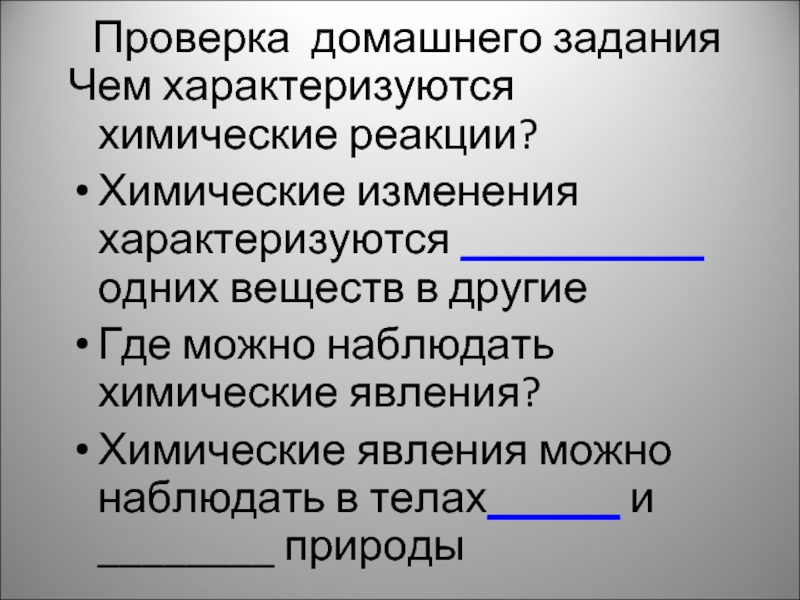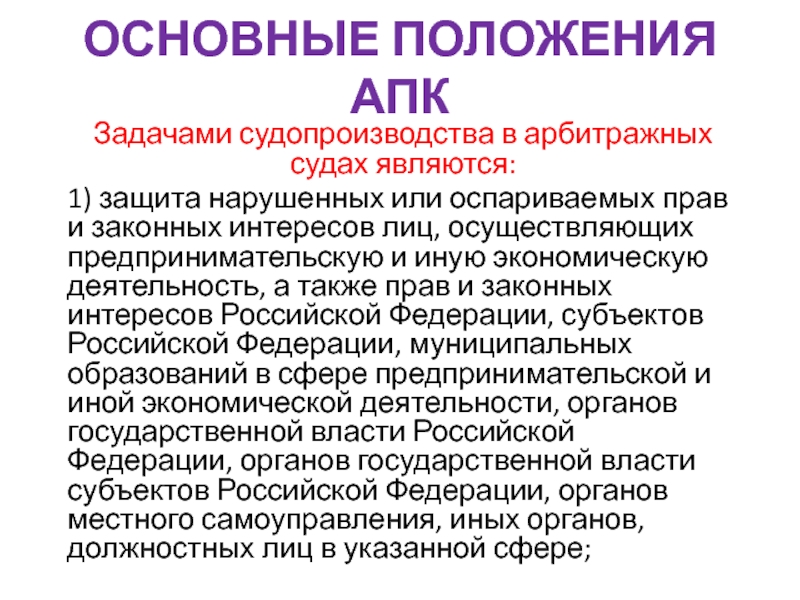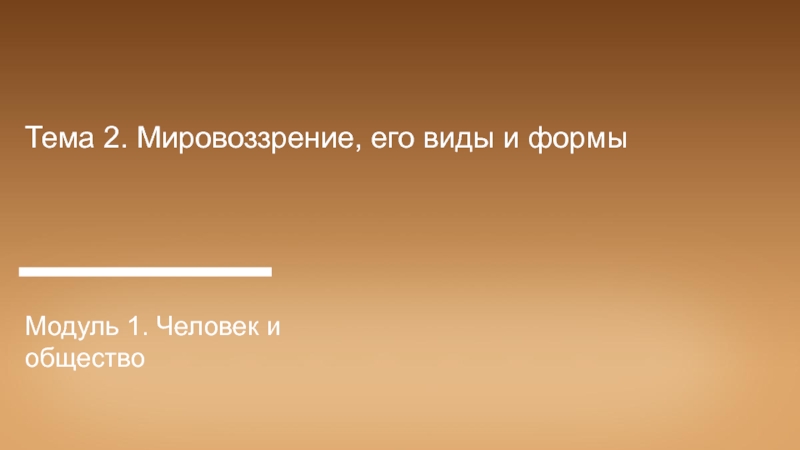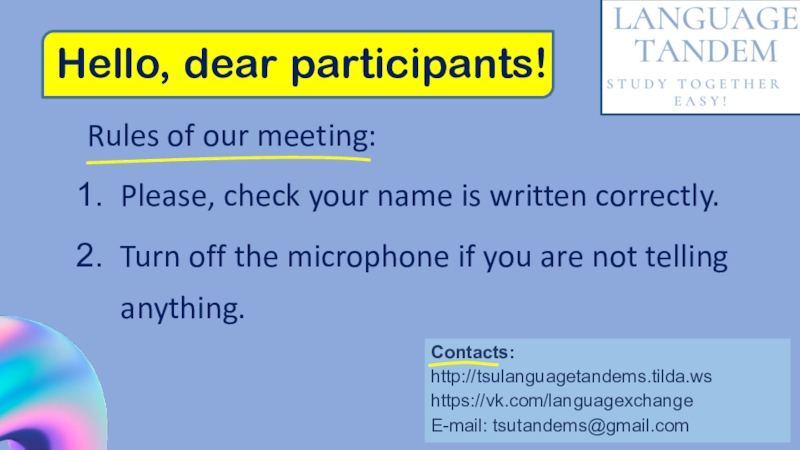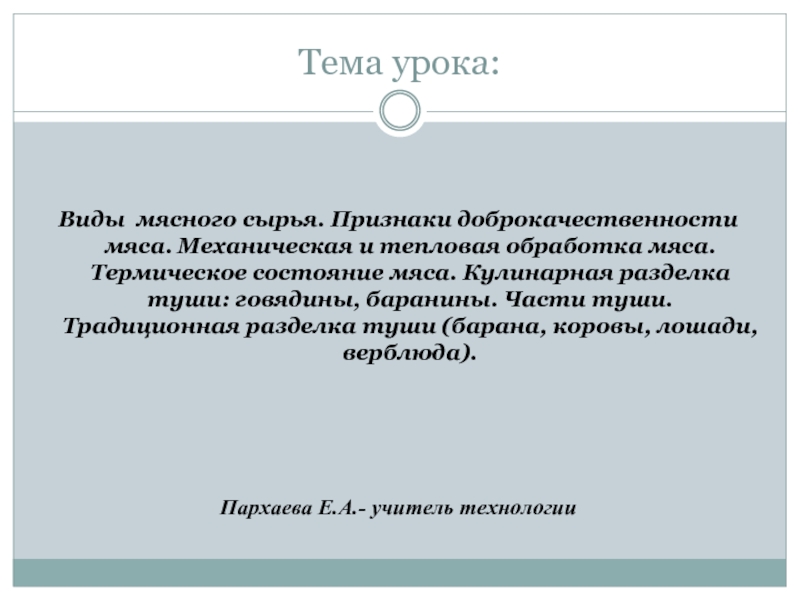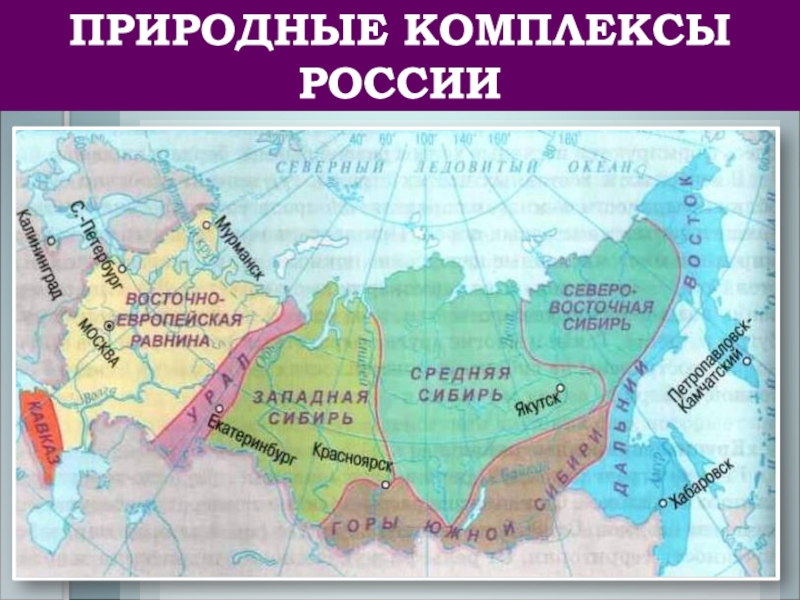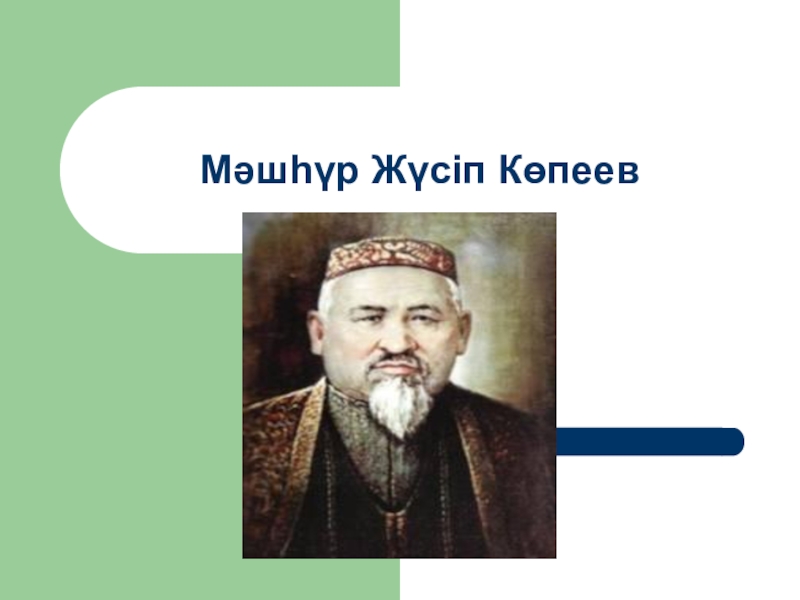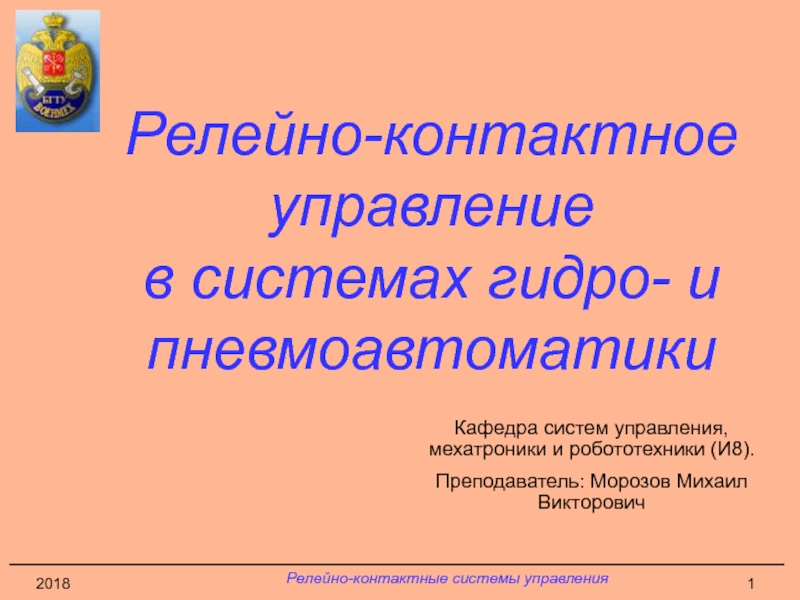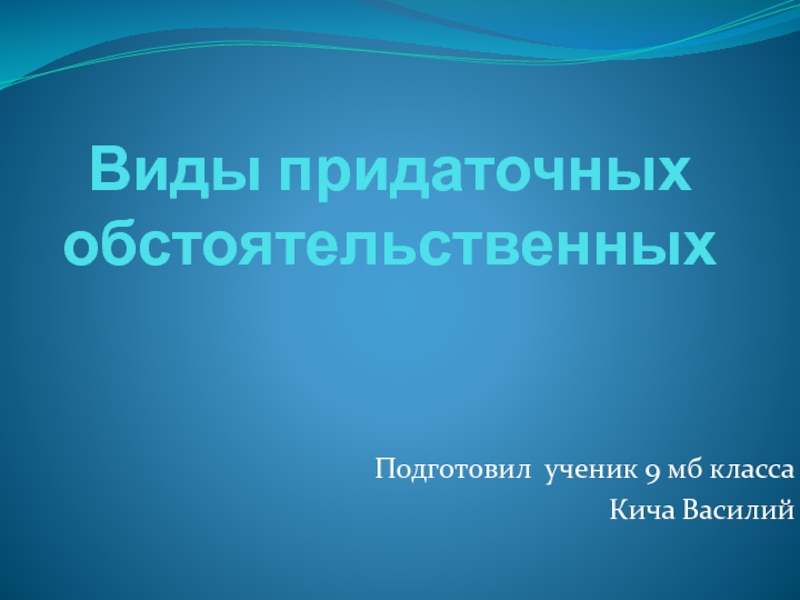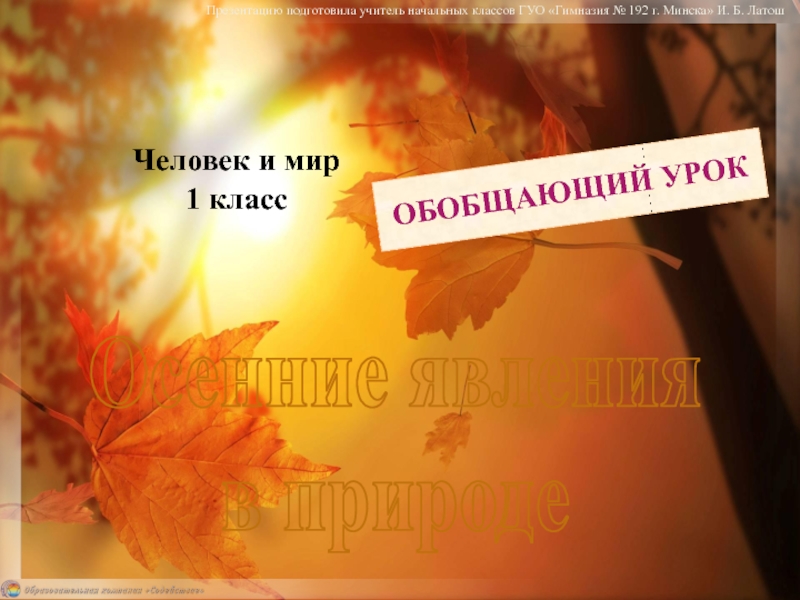Разделы презентаций
- Разное
- Английский язык
- Астрономия
- Алгебра
- Биология
- География
- Геометрия
- Детские презентации
- Информатика
- История
- Литература
- Математика
- Медицина
- Менеджмент
- Музыка
- МХК
- Немецкий язык
- ОБЖ
- Обществознание
- Окружающий мир
- Педагогика
- Русский язык
- Технология
- Физика
- Философия
- Химия
- Шаблоны, картинки для презентаций
- Экология
- Экономика
- Юриспруденция
Do you want to know where writers, scientists and students get their idea for
Содержание
- 1. Do you want to know where writers, scientists and students get their idea for
- 2. Freewriting (or Free writing)Free writing is a prewriting technique in
- 3. Like brainstorming,DO write down every idea you
- 4. Unlike in brainstorming,DO write in sentence and paragraph
- 5. Don’t think in order to write,in stead,write in order to think!
- 6. Why freewrite?A great way to generate thoughts
- 7. Слайд 7
- 8. Freewriting is often done on a daily
- 9. Freewriting“The consequence [of writing] is that you
- 10. Freewriting has a long history in the
- 11. “Lose control!"Freewriting is a way of getting
- 12. As writers and thinkers, we believe that
- 13. There will always be time later to
- 14. We don’t have enough of a chance
- 15. Creativity, in short, happens in the open,
- 16. Prompts https://thinkwritten.com/365-creative-writing-prompts/
- 17. Believe
- 18. Скачать презентанцию
Freewriting (or Free writing)Free writing is a prewriting technique in which a person writes without stopping for a set period of time (5-15 minutes)It produces raw, often unusable material, but helps writers overcome blocks
Слайды и текст этой презентации
Слайд 2Freewriting (or Free writing)
Free writing is a prewriting technique in which a person
writes without stopping for a set period of time (5-15
minutes)It produces raw, often unusable material, but helps writers overcome blocks of apathy and self-criticism
Unlike brainstorming where ideas are simply listed, in freewriting one writes sentences to form a paragraph about whatever comes to mind.
Слайд 3Like brainstorming,
DO write down every idea you can think of
about your topic, no matter how "crazy"; you can judge
later! (And no one else is going to see it)DON'T worry about correct grammar or spelling;
Слайд 4Unlike in brainstorming,
DO write in sentence and paragraph form;
DO KEEP YOUR
HANDS MOVING. If you can’t think of anything, just keep
repeating your subject (e.g., “busy trap, busy trap”) or something like “I’m waiting for ideas to come and they will, I’m waiting for ideas to come and they will,” over and over until they do come. (They will!);DO feel free to use an occasional word from your native language if you can't think of the English word, but don't overdo this;
Слайд 6Why freewrite?
A great way to generate thoughts on the page.
If
you are experiencing writer’s block
If you’re struggling to come up
with new ideas. helps to increase fluency second-language learners
Writing (for any purpose) will become a lot easier!
If you can’t concentrate on work because of irrelevant thoughts – it helps you get rid of them
If you are sad/angry/frustrated – it helps you understand your feelings (EQ)
Слайд 8Freewriting is often done on a daily basis as a
part of the writer's daily routine.
Also, students in many
writing courses are assigned to do such daily writing exercises.There is a technique known as Freeblogging, it combines blogging with free-writing – but in typing.
The end result may or may not be shared with the public.
Слайд 9Freewriting
“The consequence [of writing] is that you must start by writing
the wrong meanings in the wrong words; but keep writing
until you get to the right meanings in the right words. Only in the end will you know what you are saying.” —Peter Elbow“Don’t think; just write!” —Ray Bradbury
Слайд 10Freewriting has a long history in the world of writing
and art.
In the nineteenth century, spiritualists and mediums claimed
to use automatic writing to connect with spirits, ghosts, and other worldly beings. Слайд 11“Lose control!"
Freewriting is a way of getting in touch with
“first thoughts,” which “have tremendous energy”.
It is the way
the mind first flashes on something. The internal censor usually squelches them, so we live in the realm of second and third thoughts, thoughts on thought, twice and three times removed from the direct connection of the first fresh flash.”Слайд 12As writers and thinkers, we believe that the first thing
we say must be perfect and well-formed. Unfortunately, however, creativity
just doesn’t work that way.Creativity needs space and time to make unexpected connections and see the world anew.
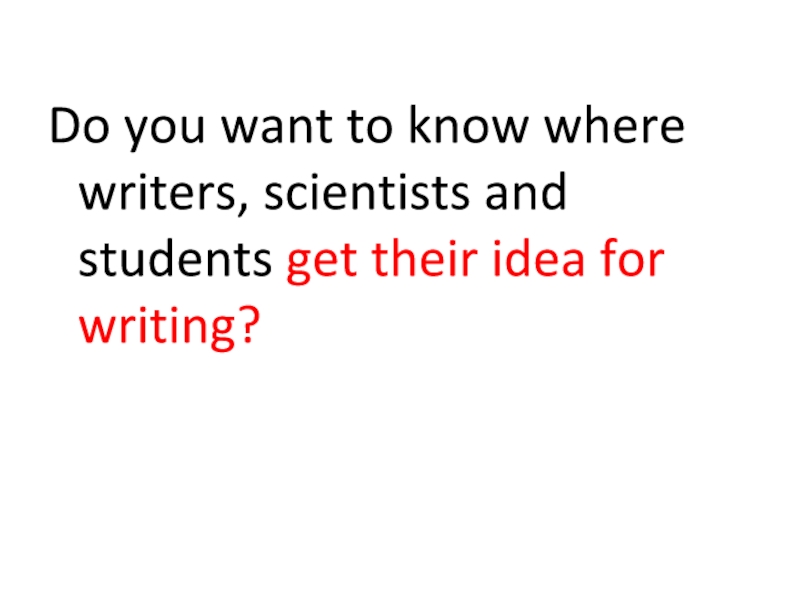
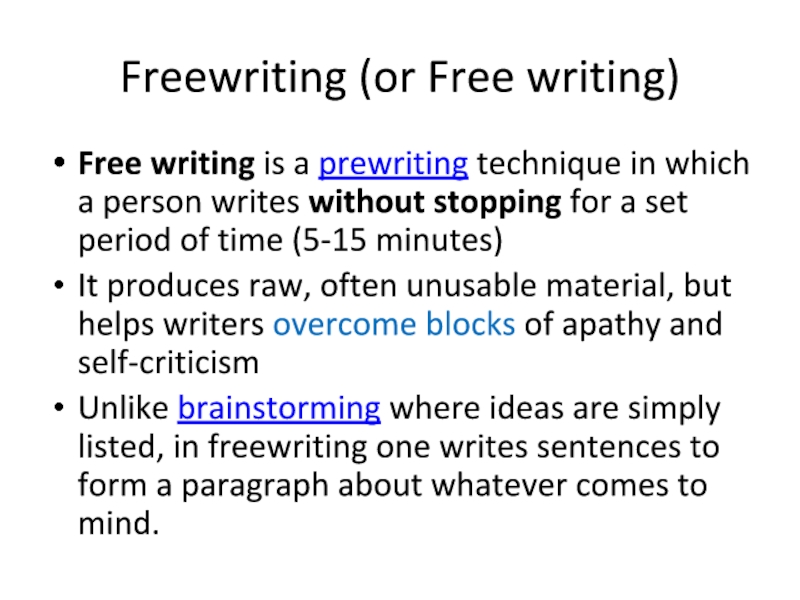
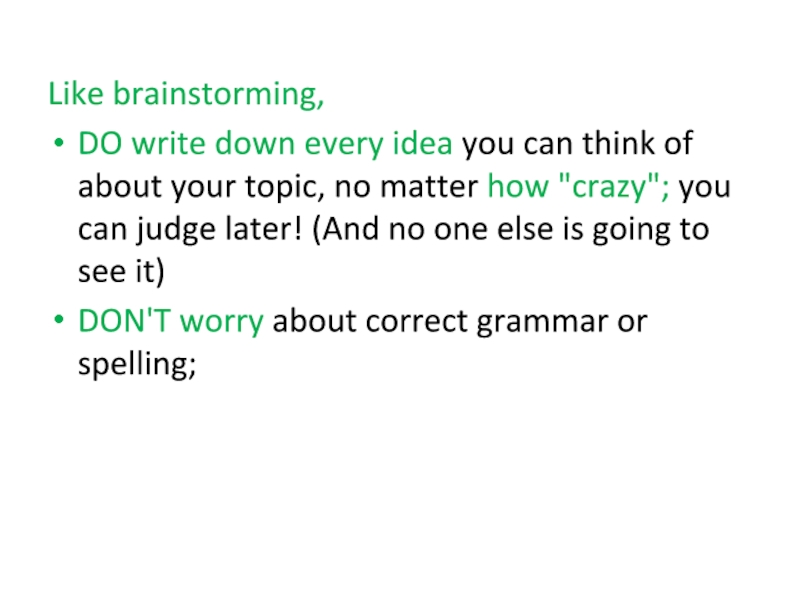
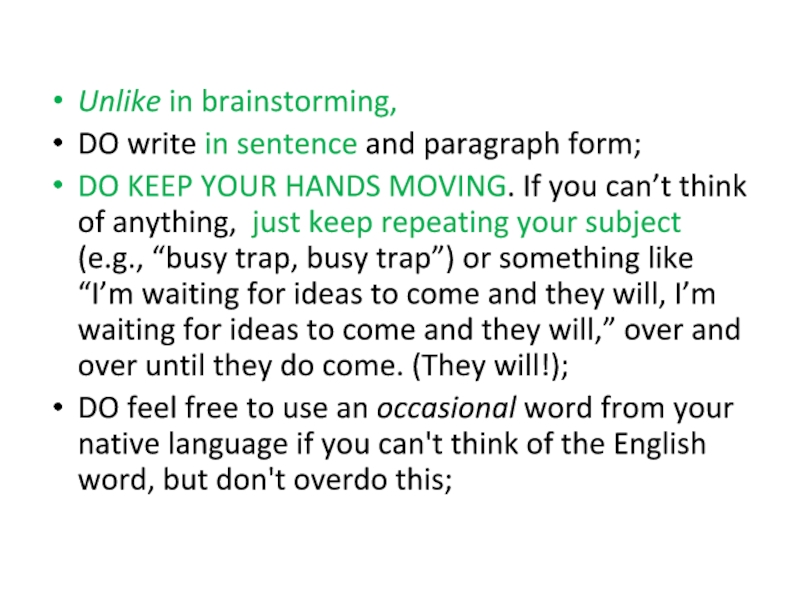
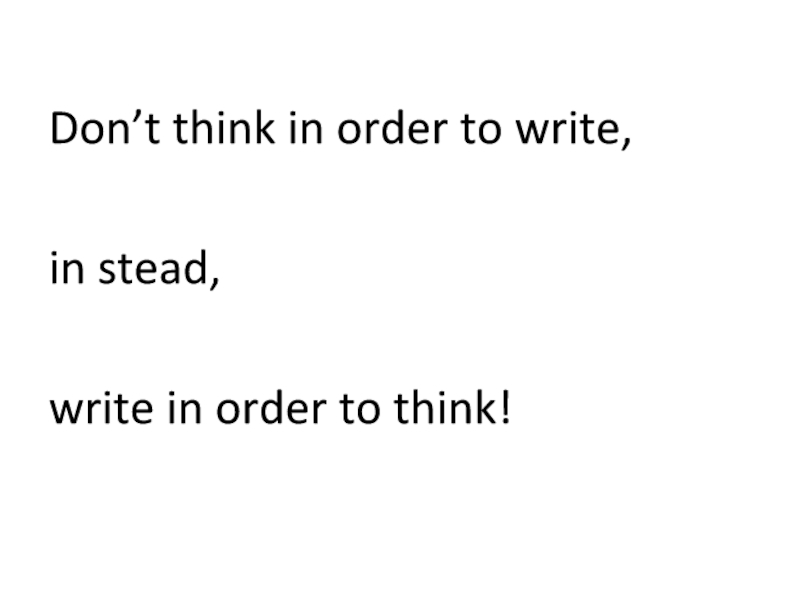
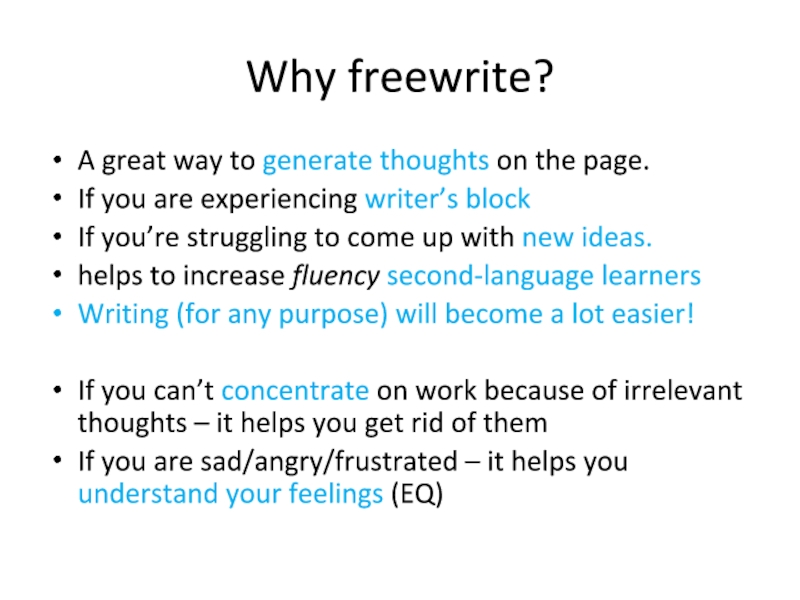
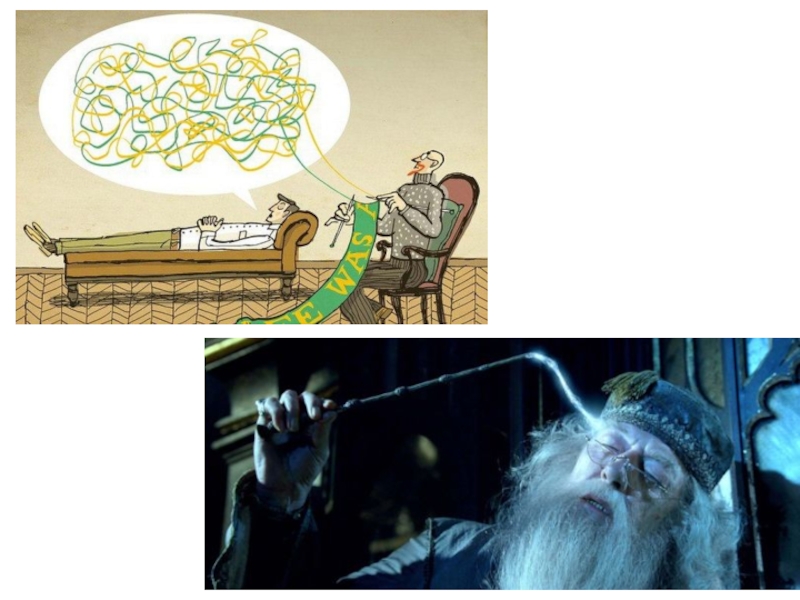
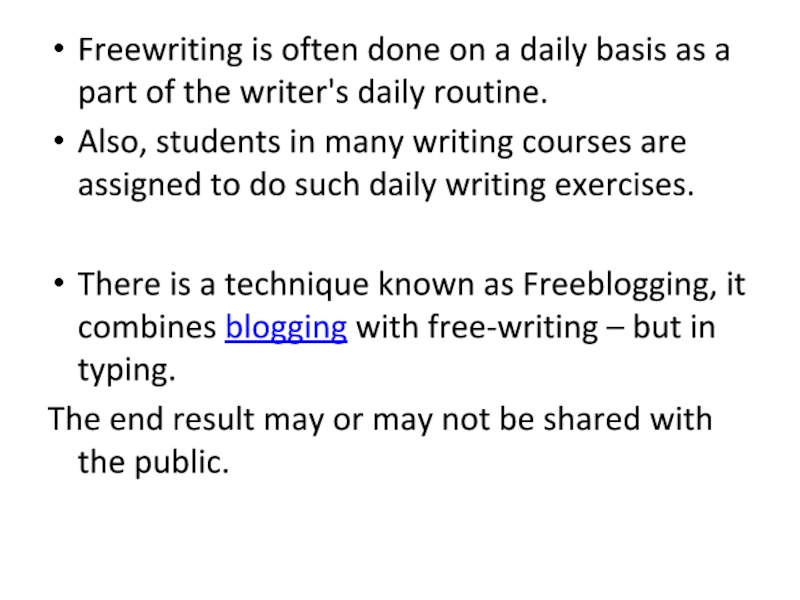
![Do you want to know where writers, scientists and students get their idea for Freewriting“The consequence [of writing] is that you must start by writing the Freewriting“The consequence [of writing] is that you must start by writing the wrong meanings in the wrong words;](/img/thumbs/2fd128e45efc07da41123020577f4101-800x.jpg)
